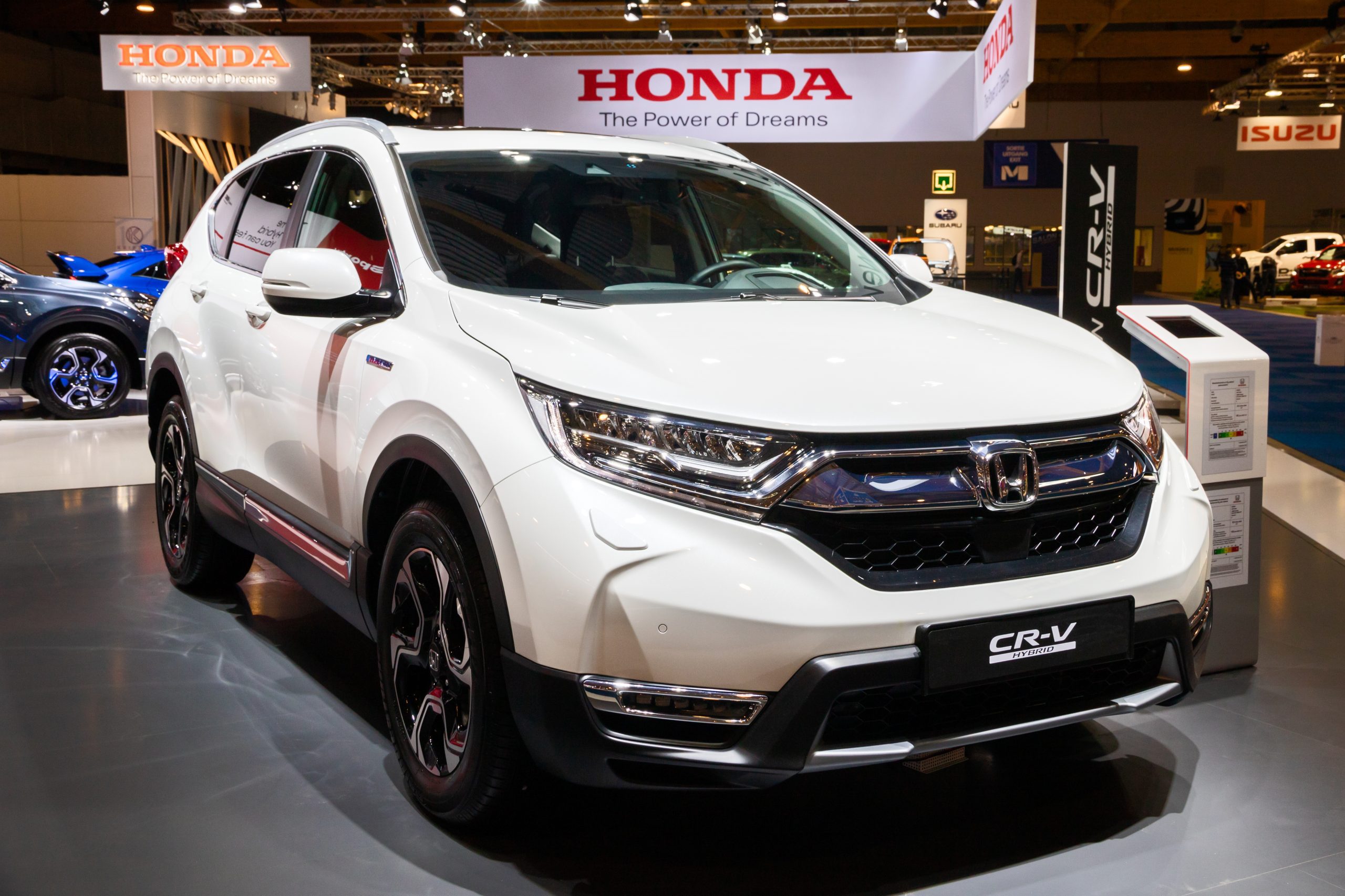Plaintiffs in Honda Sensing Case Seek Class Certification
A filing last week in a lawsuit targeting the Honda Sensing system in certain Honda vehicles asks the court to certify nine state-wide classes for class action relief.
Proposed Representatives and Classes
Twelve named plaintiffs seek to represent the classes of nine states: California, Florida, New York, Ohio, North Carolina, New Jersey, Arizona, Massachusetts, and Iowa. Each statewide class is defined to include, with some exclusions, “All persons who purchased a new Class Vehicle from a Honda-authorized dealership” in that state.
The “Class Vehicles” are “any model year 2017-2019 Honda CR-V or model year 2018-2020 Honda Accord, excluding vehicles designated as ‘Fleet’ orders in Honda’s sales data.”
The state legal claims vary depending on state law, including alleged violations of state consumer and business laws and breach of warranty.
Plaintiffs’ Class Allegations
The plaintiffs also filed a redacted memorandum in support of their motion for class certification. According to this filing, there is a “systemic design defect” in Honda Sensing, Honda’s Advanced Driver Assistance—the “artificial intelligence used by modern vehicles to detect objects and take over in emergencies.” Plaintiffs contend Honda Sensing is supplied by Bosch. The alleged defect causes vehicles to slam on the brakes for no reason, which frightens customers and increases the risk of collisions.
The filing goes on to assert Honda began selling Class Vehicles with the new Honda Sensing system in the 2017 CR-V, and “[r]eports of the vehicles slamming on the brakes for no reason began surfacing almost immediately.” By September 2017, plaintiffs claim, the National Highway Traffic Safety Administration had received reports of unexpected braking and began asking Honda for an explanation; the Administration has since received hundreds of additional reports of such braking. Honda has allegedly continued to sell Class Vehicles with the Bosch Honda Sensing system for the next five years.
The evidence Plaintiffs claim they intend to present to prove Honda Sensing has a systemic design defect is:
Honda’s design specifications, communications between Honda and Bosch, video of Honda replicating the braking, Honda’s internal correspondence, and expert testimony concerning the defective design.
US Auto Law previously reported on a complaint filed early in this matter, outlining the allegations of named plaintiffs Robert Morse (Arizona), Joseph Russell (Massachusetts), and Vincent Liem (Ohio), all of whom remain proposed class representatives in this recent filing.
Upcoming Proceedings
The plaintiffs’ notice of motion and motion for class certification state they will seek an order certifying the statewide classes on March 4, 2024.
The case is Kathleen Cadena, et al. v. American Honda Motor Company, Inc., case number 2:18-cv-04007, in the U.S. District Court for the Central District of California.





